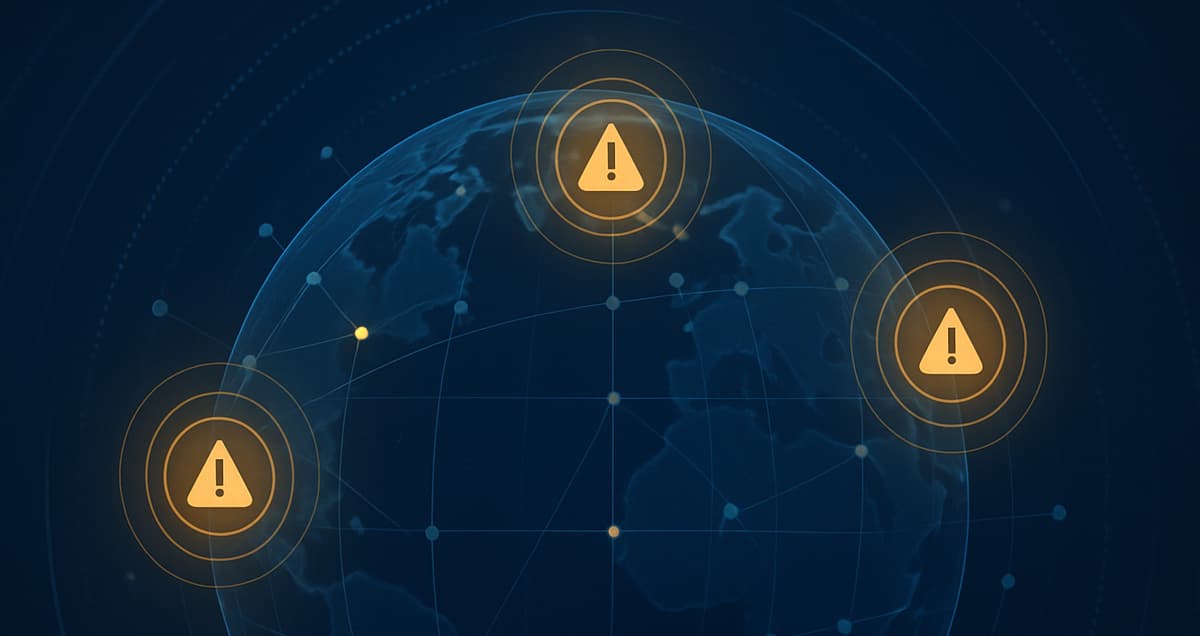Major Hurricane Price Gouging Penalties Reach Millions Across Multiple States
Published on by SOE Monitor Team

State attorneys general have imposed millions in disaster price gouging penalties since 2017, with enforcement actions intensifying across hurricane-prone states. North Carolina secured $274,000 from a single tree removal company for Hurricane Florence violations, while Texas penalized 61 gas stations $307,801 for Hurricane Harvey price gouging.
These major enforcement actions demonstrate that price gouging violations during declared emergencies trigger aggressive prosecution and substantial financial consequences.
Significant Individual Penalties
North Carolina: $274,000 Tree Service Settlement
Georgia Tree Company paid $274,000 for charging 200-400% above normal rates during Hurricane Florence recovery operations. Attorney General Josh Stein's office has secured over $1 million in price gouging settlements, targeting companies that exploit post-disaster recovery needs.
Additional Florence enforcement included a $13,500 judgment against a contractor and over $150,000 in consumer relief from multiple defendants.
Texas: Systematic Gas Station Prosecution
Texas Attorney General Ken Paxton secured $307,801 from 61 gas stations during Hurricane Harvey enforcement. Individual penalties reached $17,500 for stations charging above market rates during the emergency, with dozens more required to provide consumer reimbursement.
Beyond Harvey, Texas filed major lawsuits against Cal-Maine Foods for 300% egg price increases during COVID-19 emergencies.
Florida: Hotel and Gas Station Enforcement
Florida secured $25,000 from Miami Princess Hotel for 138% rate increases during Hurricane Irma, establishing precedent for lodging price gouging prosecution.
Aggressive Investigation and Prosecution
Rapid Response and High Complaint Volumes
Texas received over 5,000 Hurricane Harvey complaints and issued 127 formal violation notices, demonstrating comprehensive enforcement across affected regions. Florida processed over 14,000 Hurricane Irma complaints, showing massive consumer reporting during major disasters.
COVID-19 generated 4,000 Texas complaints within months of emergency declarations, expanding enforcement beyond traditional hurricane violations.
Formal Litigation and Civil Investigative Demands
Attorney general offices routinely issue Civil Investigative Demands requiring businesses to provide pricing records, supply costs, and financial documentation within 30 days. Failure to respond adequately escalates cases to formal litigation with higher penalty exposure.
Critical Compliance Windows
Emergency Declaration Triggers
Emergency declarations immediately activate price gouging laws, creating instant compliance requirements. Hurricane Harvey violations began just eight days after Governor Abbott's disaster declaration, demonstrating the narrow window businesses have to adjust pricing policies.
Business Sector Exposure
Gas stations face frequent prosecution for visible price increases, with penalties ranging from $10,000-$25,000 per location. Construction and tree removal services face the highest individual penalties, with settlements reaching six figures for charging excessive rates during post-disaster recovery.
Essential goods suppliers during health emergencies face increasing scrutiny, as demonstrated by major lawsuits against food and medical supply companies during COVID-19.
Enforcement Consequences
Financial Penalties and Consumer Restitution
Price gouging violations trigger both civil penalties to the state and mandatory consumer reimbursement. Texas law allows penalties up to $10,000 per violation, with additional penalties up to $250,000 when elderly consumers are affected.
Businesses face extended consumer claim processes, with reimbursement periods extending 1-2 years beyond settlement announcements.
Legal and Reputational Consequences
Formal enforcement actions create public court records and negative media coverage. Companies face potential follow-up investigations during subsequent emergencies and increased regulatory scrutiny across their operations.
Business Protection Strategies
Automated Emergency Monitoring
The narrow compliance window between emergency declarations and pricing policy implementation requires immediate awareness of regulatory triggers. Many companies now rely on automated emergency monitoring systems to identify declarations within hours of issuance.
Documentation and Compliance Policies
Businesses must maintain contemporaneous records of supply costs, transportation disruptions, and legitimate cost increases to defend pricing decisions during investigations. Pre-established emergency pricing policies help ensure consistent compliance across multiple locations.
Bottom Line: Price gouging enforcement during disasters results in significant financial penalties, extensive investigations, and mandatory consumer restitution. The narrow window between emergency declarations and pricing compliance requirements makes automated monitoring essential for businesses operating in disaster-prone regions.
Note: All enforcement details are based on publicly available government sources as of June 2025. This content is for informational purposes only and does not constitute legal advice.